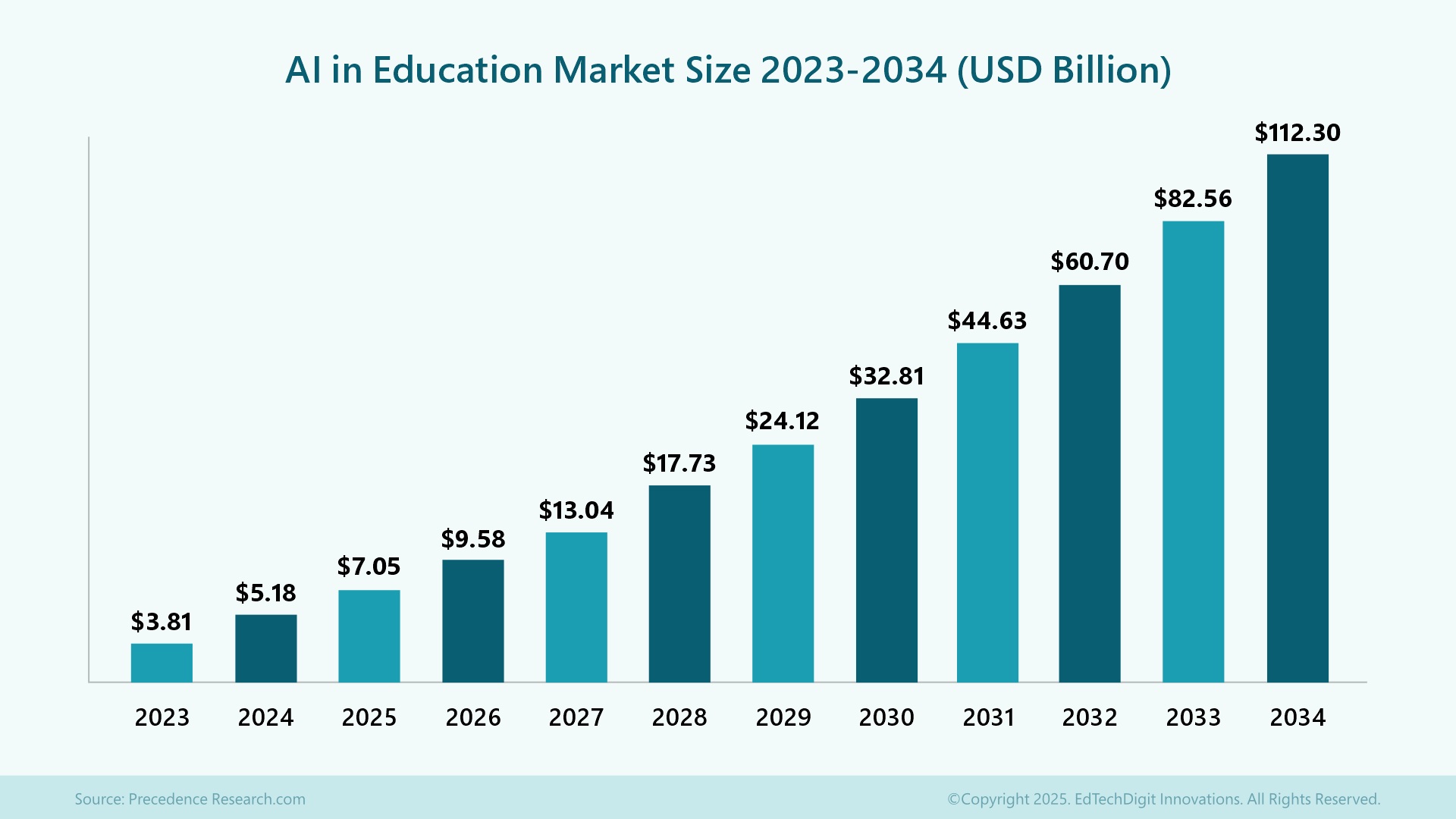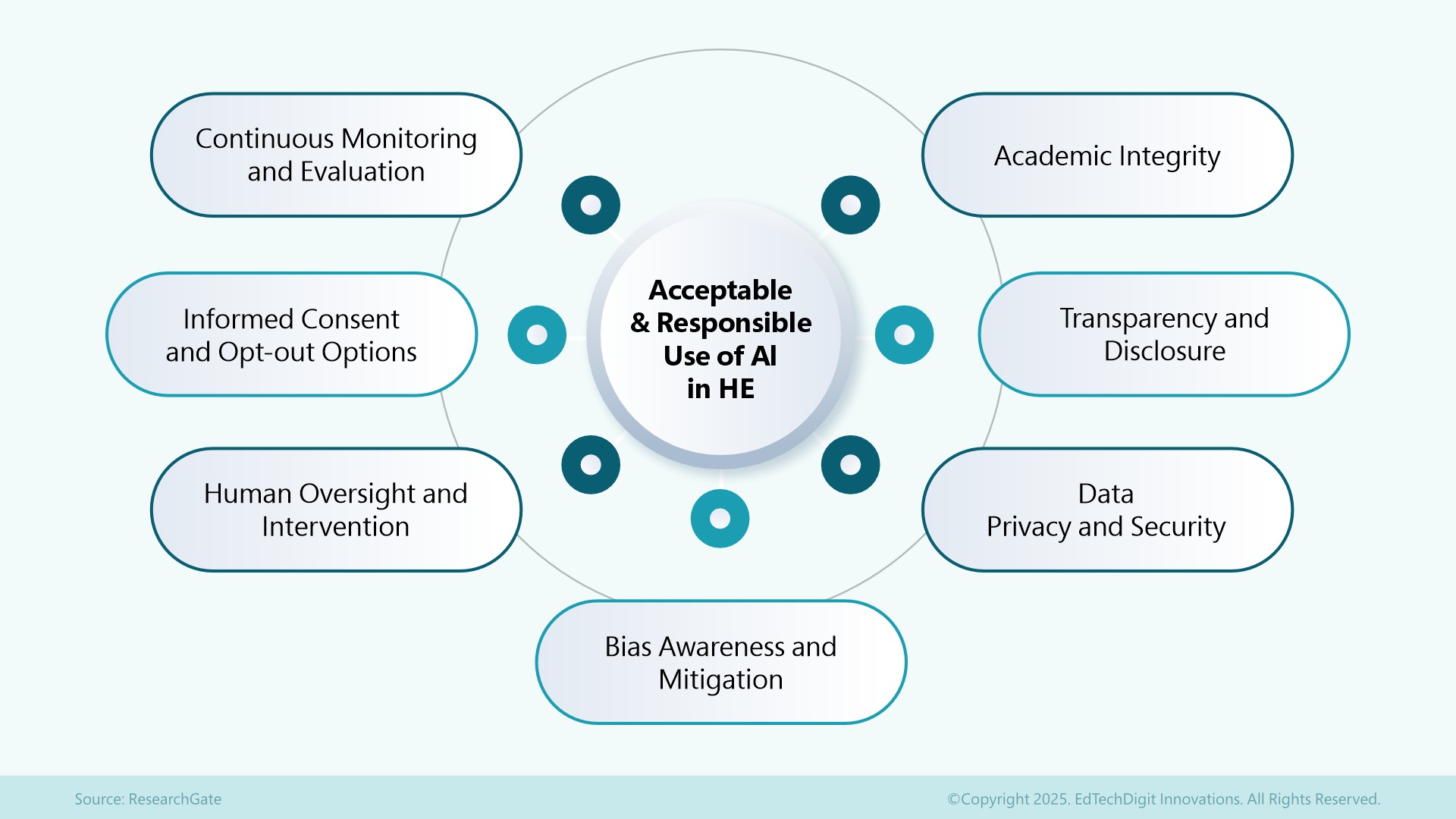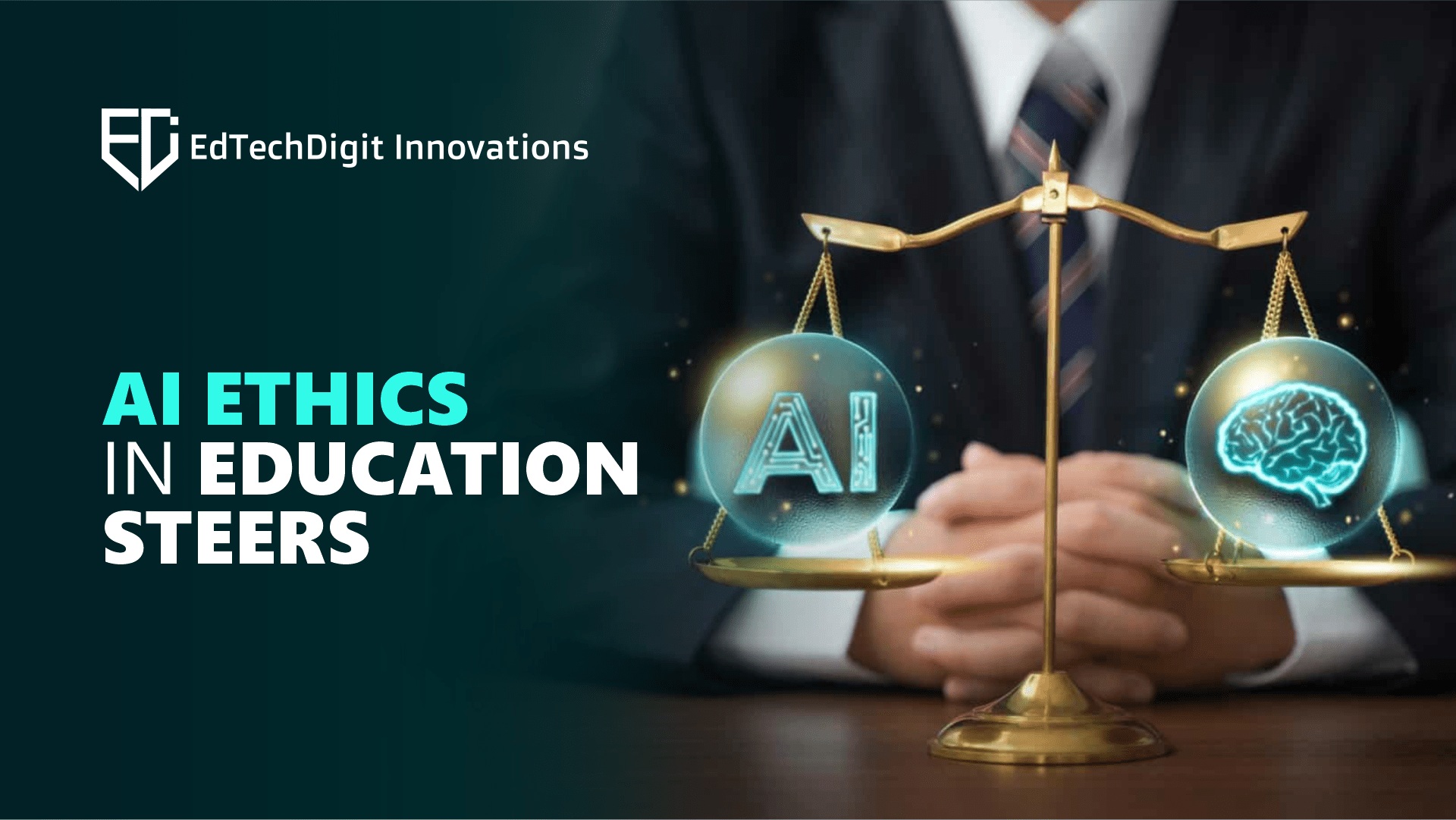Education technology has the answers to the stupendous growth experienced in the world of artificial intelligence. The relevance of edtech cannot be ignored as the world switches sides with the most interesting technologies and tools while delivering rugged educational concepts. In 2025, AI in education is moving beyond beta-phase applications and evolving into fully realized tools that redefine the classroom experience.
Looking at the Global Numbers

Precedence Research goes beyond and states that AI-powered tools shall provide extensive support to educators; with advanced natural language processing, powered by AI chatbots. Reflecting upon the big numbers here, the global AI in the education market is expected to touch the US$7.05 billion mark in 2025 already; and is steered to blow up at a CAGR of a staggering 36.21% during the reference period.

The largest piece of the cake i.e. massive market size for AI in education globally rests with North America (as indicated by Technavio.com). That promises the astounding growth progression in the years to follow as well!

AI Ethics in Education
AI ethics in education refers to ensuring responsible and equitable use of Artificial Intelligence technologies, addressing potential biases, protecting privacy, and promoting human-centered learning.
Relevance of AI Ethics in Education
The commitment of AI is not just in doing things faster, it is in doing them better. From an ethical standpoint, educational institutions must ensure that AI systems uphold the highest data protection standards. Higher education must be guided by AI Ethics to address concerns over privacy, job security, and fair use of data.

Ever thought of technology in education serving you like that? This is the sheer power of education technology that not only ignites the mind for the intellectual; but also triggers greater empathetic evolution. K-12 and higher education can be referred to as deploying smarter AI-led technologies and educational ways to foster greater educational understanding among learners.
Ethical Issues of AI in Higher Education
- Bias and discrimination
- Privacy and data protection
- Autonomy and agency
- Transparency and explainability
- Accountability and responsibility
With these self-explanatory concerns, comes the most crucial point to understand the need to address these ethical issues of AI in education aka what will happen in the absence of AI ethics in education?
- Foster human rights and dignity
- Discrimination may violate the right to education without discrimination
- Autonomy and agency may violate the right to freedom of thought
- Privacy and data protection may violate the right to privacy
- Ensure quality and effectiveness
- Bias and discrimination may reduce the accuracy and validity of assessment
- Privacy and data protection may undermine the trust and confidence of learners
- Accountability and responsibility may compromise the evaluation and improvement of learning
- Foster inclusivity and equity
- Discrimination may exacerbate existing inequalities and marginalization
- Autonomy may limit the participation and empowerment of learners
- Transparency may create information asymmetries or gap
Ethical AI Practices in Higher Education

- Academic Integrity
It involves acting in a way that is honest, fair, and respectful catering to responsible academic studies. This caters to avoiding plagiarism, maintaining ethical standards in all academic endeavours.
- Transparency and Disclosure
With the growing acceptance of Enterprise Resource Planning (ERP) and Learning Management Systems (LMS); the barriers in the way of promoting openness and transparency within the higher education ecosystem have been mostly unshackled.
- Data Privacy and Security
This is a critical; aspect of following AI Ethics in Higher Education that involves safeguarding student and staff information, adhering to regulations such as GDPR, and the Digital Personal Data Protection Act, and implementing robust security measures to prevent breaches and ensure data is handled responsibly.
- Bias Awareness and Mitigation
To combat AI implicit biases, it is necessary to monitor and assess their performance and train them using unbiased data and algorithms.
- Human Oversight and Intervention
Human vigilance in artificial intelligence (AI) has emerged as a critical mechanism in the governance of AI, tasked with enhancing system accuracy and safety. These foster enhanced performance in the higher education ecosystem.
- Informed Consent and Opt-out Options
As educational institutions obtain explicit consent and provide clear opt-out mechanisms; ensuring students understand their rights and can make informed decisions about their data; these help in protecting students’ privacy and respecting their data autonomy.
- Continuous Monitoring and Evaluation
This helps in regularly assessing student progress, teaching effectiveness, and program outcomes to identify areas of improvement and ensure quality.
Ethical AI in higher education comes as a savior when talking of equitable and qualitative access to all. This is essential to keep in mind while adopting or designing norms around AI ethics in education. being aware is key to a rising graph of the unanimous distribution of quality educational ecosystem for all.

